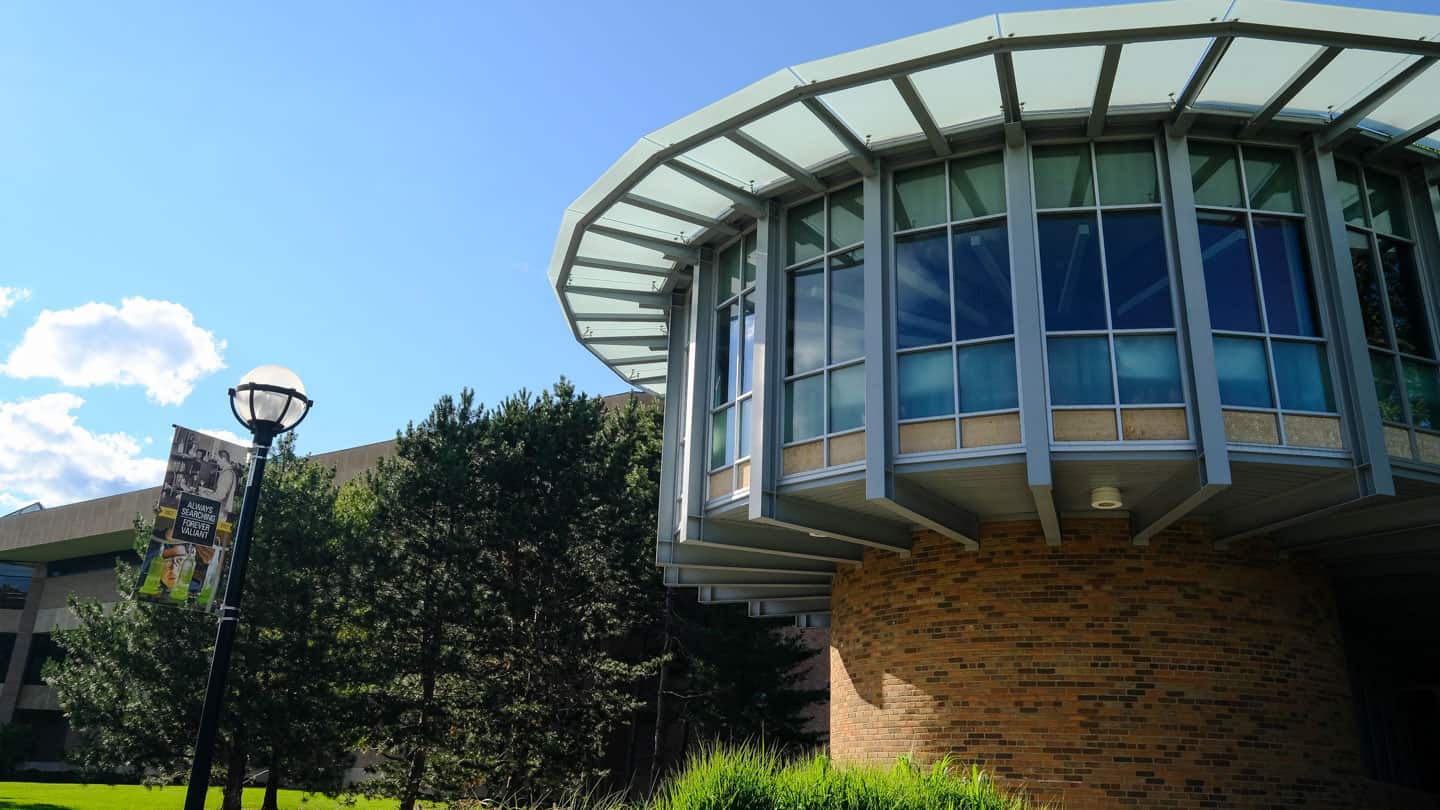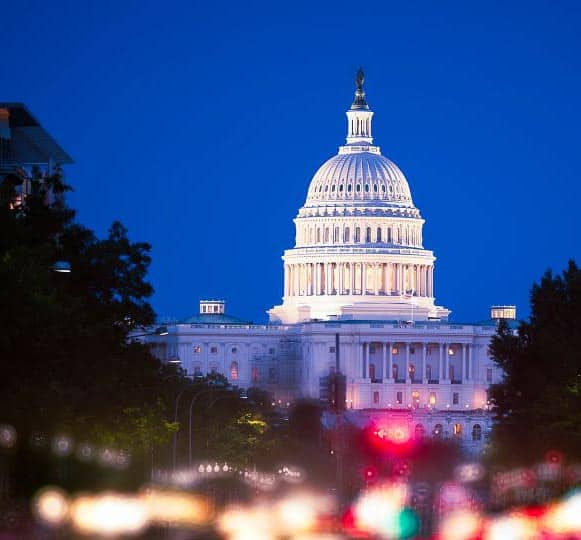
Aditi Verma guest edits special humanities issue of Nuclear Technology
The special issue examines the intersection of nuclear technology and social sciences.

The special issue examines the intersection of nuclear technology and social sciences.
Aditi Verma is the guest editor of the September issue of Nuclear Technology—the flagship journal of the American Nuclear Society. The special issue examines the intersection of nuclear energy, humanities, and social sciences and seeks to intellectually bridge these diverse areas of research and practice. The issue features 13 technical papers, and an introduction from Verma, titled “The Nuclear, Humanities, and Social Science Nexus: Challenges and Opportunities for Speaking Across the Disciplinary Divides.” Verma joined the U-M Department of Nuclear Engineering & Radiological Sciences (NERS) as an Assistant Research Scientist this fall and will become an Assistant Professor next fall.
In the issue, the authors explore how insights and findings from social sciences and humanities can be applied to the nuclear sector. The publication of this special issue—bridging nuclear engineering with the humanities and social sciences—is momentous and marks the first time that such interdisciplinary research has been published in a nuclear engineering journal.
The papers featured in the special issue were first presented at an International Workshop hosted at the OECD Nuclear Energy Agency (NEA) in December 2019 and organized by Verma who worked there at the time as a nuclear energy analyst. The OECD Nuclear Energy Agency (NEA) is an intergovernmental agency that facilitates cooperation among countries with advanced nuclear technology infrastructures to seek excellence in nuclear safety, technology, science, environment, and law.
“The 2019 workshop Dr. Verma coordinated for us was just a first step—but a very important one,” notes William D. Magwood, IV, Director-General of the Nuclear Energy Agency. “It helped open the door to both a valuable dialogue between the nuclear energy sector and the social sciences and to a conversation within the nuclear sector itself.”
“The nuclear community has struggled for decades in engaging effectively with the broader community,” Director-General Magwood explained. “Our work to engage the social sciences helped generate thinking about the form and content of these engagements. A highly technical field like nuclear tends to talk a lot about technical attributes, but that approach hasn’t been particularly successful. Most of nuclear energy’s most pressing challenges have an underpinning social dimension. The future will be shaped by societal values and the nuclear sector needs to adapt to these mores.”
The workshop as well as the Nuclear Technology Special Issue have been well received in policy, practitioner, as well as academic circles.
“This type of initiative that aspires to open channels of communications between the social sciences and nuclear science was long overdue,” said Dr. Sama Bilbao y León, Director General of the World Nuclear Association. “Due to the disconnect between reality and the perception of many individuals, the nuclear sector has proved to be a rich source of research for social and behavioral science scholars, who have produced a significant body of knowledge.”
“Unfortunately,” Dr. Bilbao y León continued, “this literature has not received significant attention from the industry, and most education, outreach, and communications efforts on nuclear-related topics use traditional approaches and do not take advantage of learnings in psychology, sociology, and behavioral science. It is time for the nuclear community to learn from the experts and utilize this knowledge to help us effectively make the case for nuclear energy.”
“The humanists and social scientists who have authored papers in this issue, though each rooted in distinct and rich scholarly traditions, share with each other an interest in the nuclear energy sector,” said Verma. “These scholars adopt an intellectually diverse set of theoretical and methodological lenses to examine the work of nuclear energy practitioners and policymakers. Such research can play a vital role now and in the future in shaping practices and policies in the nuclear energy sector.”
“As both a participant in the NEA workshop and a reviewer for the special issue, I was able to see Aditi’s vision come together as an important contribution to help transform how the nuclear energy sector engages with the society in which it operates,” said Paul Wilson, the chair of the Department of Engineering Physics at the University of Wisconsin-Madison. “It has certainly caused me to think carefully about how I prepare my students for their careers in nuclear energy.”
Technical papers in the issue cover new perspectives on reactor designs, nuclear megaproject, waste management, sustainability transitions findings that can be applied to small modular reactors, and more.
“It is encouraging to see this group of scholars push the boundaries of what it means to be a nuclear engineer and it is exciting to see Aditi Verma leading the charge!” said NERS chair Todd Allen.

Special Panel at ANS Meeting
The upcoming American Nuclear Society Winter Meeting will feature a special issue panel on this topic on Friday, December 3, 2021, 8–9:45am EST. Panelists include Verma, Sonja Schmid, Lisa Marshall, Tom Wellock, Paul Wilson, and Sama Bilbao y León.